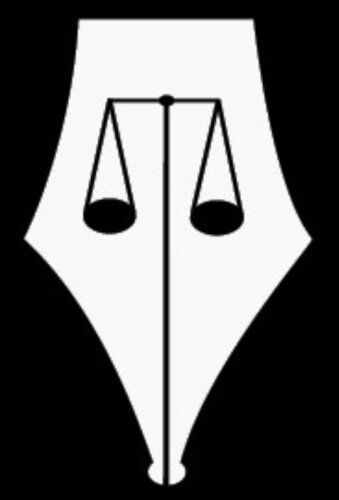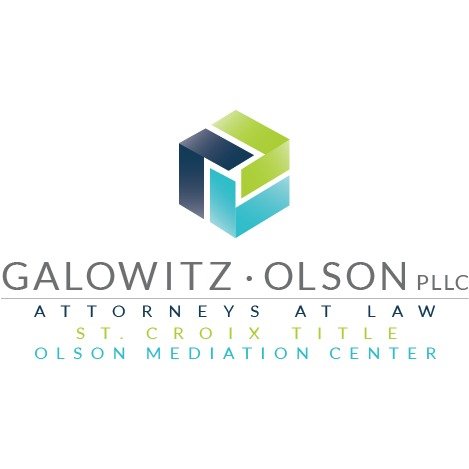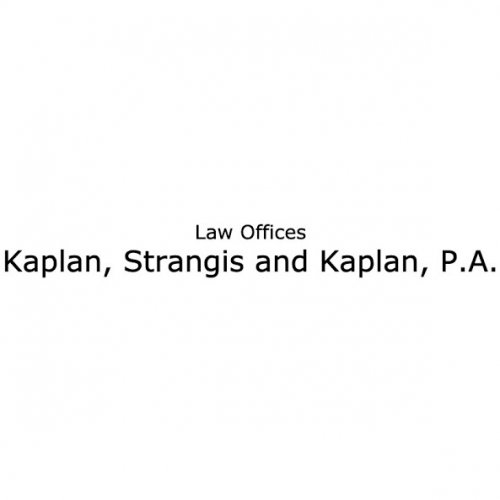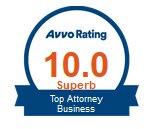Best Antitrust Litigation Lawyers in Minnesota
Share your needs with us, get contacted by law firms.
Free. Takes 2 min.
Or refine your search by selecting a city:
List of the best lawyers in Minnesota, United States
About Antitrust Litigation Law in Minnesota, United States
Antitrust litigation refers to legal disputes that arise from alleged violations of laws designed to promote fair competition and prevent monopolies, price fixing, and other anti-competitive practices. In Minnesota, as in the rest of the United States, both federal and state laws protect businesses and consumers from unfair competition and abusive market practices. These laws ensure that no single company or group of companies can control a market to the detriment of competitors and consumers. Antitrust cases might involve claims about collusion among businesses, unlawful mergers, price discrimination, or exclusive dealing arrangements. These cases can be highly complex, involving intricate financial and economic evidence.
Why You May Need a Lawyer
Antitrust litigation can be complicated because it often involves detailed analysis of markets, corporate structures, and consumer impact. You may need a lawyer in situations such as:
- You suspect a competitor is engaging in price fixing or collusion that harms your business.
- Your business becomes the target of a government antitrust investigation.
- You are considering a merger or acquisition and want guidance on antitrust compliance.
- There are allegations of monopolistic behavior or abuse of market power involving your company.
- Your customers or competitors initiate legal action claiming anti-competitive practices.
- You work in an industry facing regulatory scrutiny for anti-competitive conduct, such as health care or technology.
Because antitrust cases can result in substantial penalties, injunctions, and reputational harm, having a skilled lawyer can make a significant difference in the outcome.
Local Laws Overview
Antitrust litigation in Minnesota is governed by both federal and state law. The primary federal statutes are the Sherman Act, the Clayton Act, and the Federal Trade Commission Act. Minnesota also has its own antitrust statutes, notably the Minnesota Antitrust Law of 1971. This law closely parallels federal antitrust statutes but can provide additional remedies under state court jurisdiction.
Key aspects of Minnesota antitrust law include:
- Prohibiting contracts or conspiracies that unreasonably restrain trade or commerce.
- Outlawing monopolization or attempts to monopolize any part of trade or commerce.
- Regulating mergers and acquisitions that may reduce market competition.
- Allowing both public and private parties to bring lawsuits against alleged violators.
- Authorizing the Minnesota Attorney General to investigate and enforce antitrust laws in the state.
Antitrust cases in Minnesota can be filed in state or federal court, and the legal standards are often interpreted with reference to federal case law.
Frequently Asked Questions
What is antitrust litigation?
Antitrust litigation refers to lawsuits arising from allegations that parties have engaged in practices that restrict competition, such as price fixing, bid rigging, monopolization, or abusive mergers.
Who can file an antitrust lawsuit in Minnesota?
Both individuals and businesses harmed by anti-competitive conduct can file antitrust lawsuits. In addition, the Minnesota Attorney General can bring claims on behalf of the state or its citizens.
What conduct is considered illegal under Minnesota antitrust law?
Illegal conduct includes price fixing, market allocation, bid rigging, abuse of monopoly power, and mergers that substantially lessen competition.
How do federal and Minnesota antitrust laws interact?
State and federal antitrust laws are often similar. In many cases, a violation of federal law will also violate state law, and cases may be litigated under both sets of laws.
What industries are most often affected by antitrust investigations in Minnesota?
Industries such as health care, technology, agriculture, and manufacturing often face antitrust investigations due to their impact on consumers and the marketplace.
What are potential penalties for violating antitrust laws in Minnesota?
Penalties can include financial damages, injunctions to stop the illegal conduct, mandatory changes to business practices, and even criminal charges in severe cases.
Can victims of antitrust violations recover damages?
Yes. Those harmed by anti-competitive conduct may seek damages in civil court. In some cases, successful plaintiffs are entitled to treble damages, which means three times the amount of their actual damages.
What role does the Minnesota Attorney General play in antitrust enforcement?
The Attorney General’s Office investigates suspected antitrust violations, brings civil or criminal actions, and may join forces with federal agencies for significant cases.
How long do I have to file an antitrust lawsuit in Minnesota?
The statute of limitations for most antitrust claims in Minnesota is four years from the date the alleged violation occurred, though some exceptions may apply.
Should I contact a lawyer before speaking to investigators or competitors about an antitrust issue?
Yes. Consulting an experienced antitrust lawyer before any discussions can help protect your rights and reduce legal risks.
Additional Resources
There are several organizations and agencies that provide information and assistance regarding antitrust litigation in Minnesota:
- Minnesota Attorney General’s Office - Antitrust Division
- United States Department of Justice - Antitrust Division
- Federal Trade Commission (FTC)
- Minnesota State Bar Association - Antitrust Law Section
- Local law libraries and legal aid services
These resources can provide further guidance, publications, and, in some cases, referrals to experienced legal professionals.
Next Steps
If you believe you may be involved in or affected by an antitrust issue, it is wise to take the following steps:
- Document all relevant facts, communications, and transactions related to your concerns.
- Avoid discussing your concerns with potential adversaries or investigators until you consult a lawyer.
- Reach out to a lawyer with experience in antitrust litigation, ideally someone familiar with Minnesota and federal law.
- Consider consulting the Minnesota Attorney General’s Office or the Federal Trade Commission for consumer-focused questions or business guidance.
- Stay informed by reviewing available resources and publications from official agencies and legal organizations.
Taking early action and securing qualified legal advice can help protect your business, your rights, and your interests in antitrust matters. Every case is different, so professional guidance is essential.
Lawzana helps you find the best lawyers and law firms in Minnesota through a curated and pre-screened list of qualified legal professionals. Our platform offers rankings and detailed profiles of attorneys and law firms, allowing you to compare based on practice areas, including Antitrust Litigation, experience, and client feedback.
Each profile includes a description of the firm's areas of practice, client reviews, team members and partners, year of establishment, spoken languages, office locations, contact information, social media presence, and any published articles or resources. Most firms on our platform speak English and are experienced in both local and international legal matters.
Get a quote from top-rated law firms in Minnesota, United States — quickly, securely, and without unnecessary hassle.
Disclaimer:
The information provided on this page is for general informational purposes only and does not constitute legal advice. While we strive to ensure the accuracy and relevance of the content, legal information may change over time, and interpretations of the law can vary. You should always consult with a qualified legal professional for advice specific to your situation.
We disclaim all liability for actions taken or not taken based on the content of this page. If you believe any information is incorrect or outdated, please contact us, and we will review and update it where appropriate.
Browse antitrust litigation law firms by city in Minnesota
Refine your search by selecting a city.














